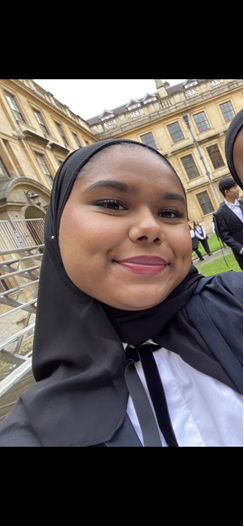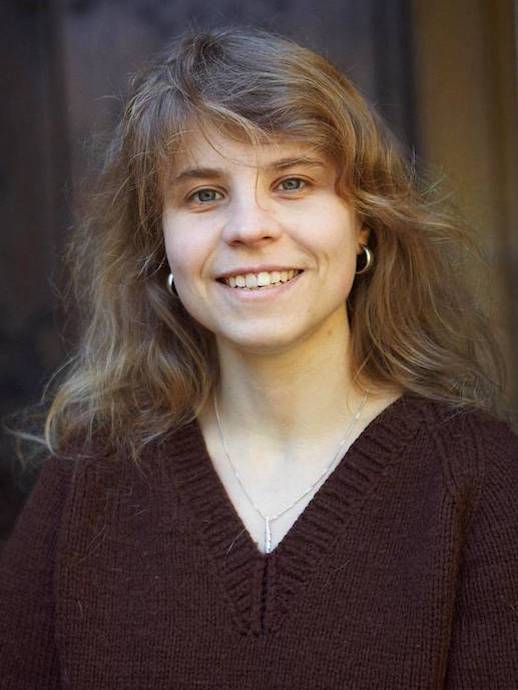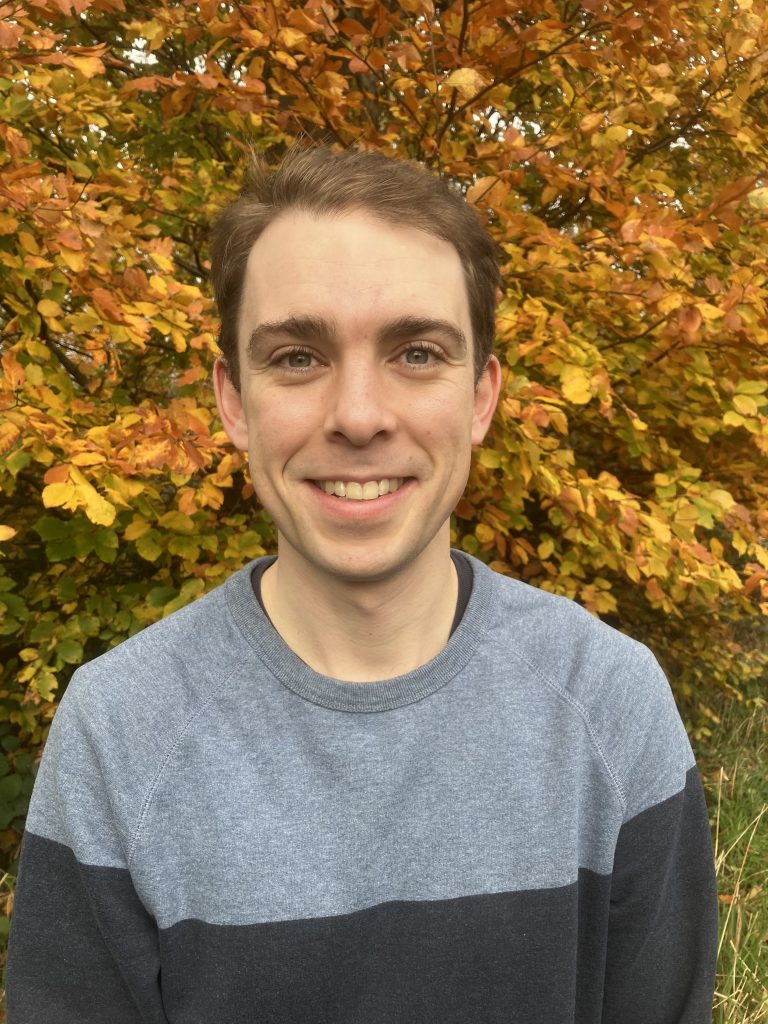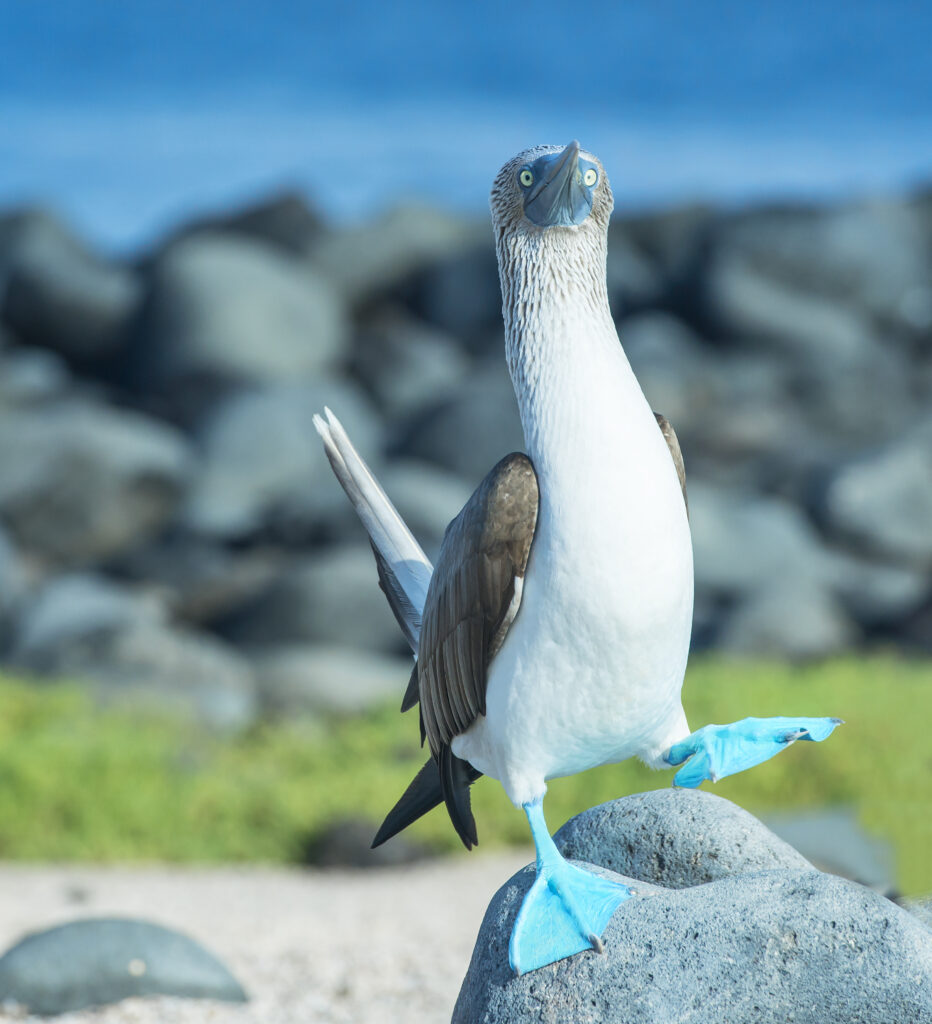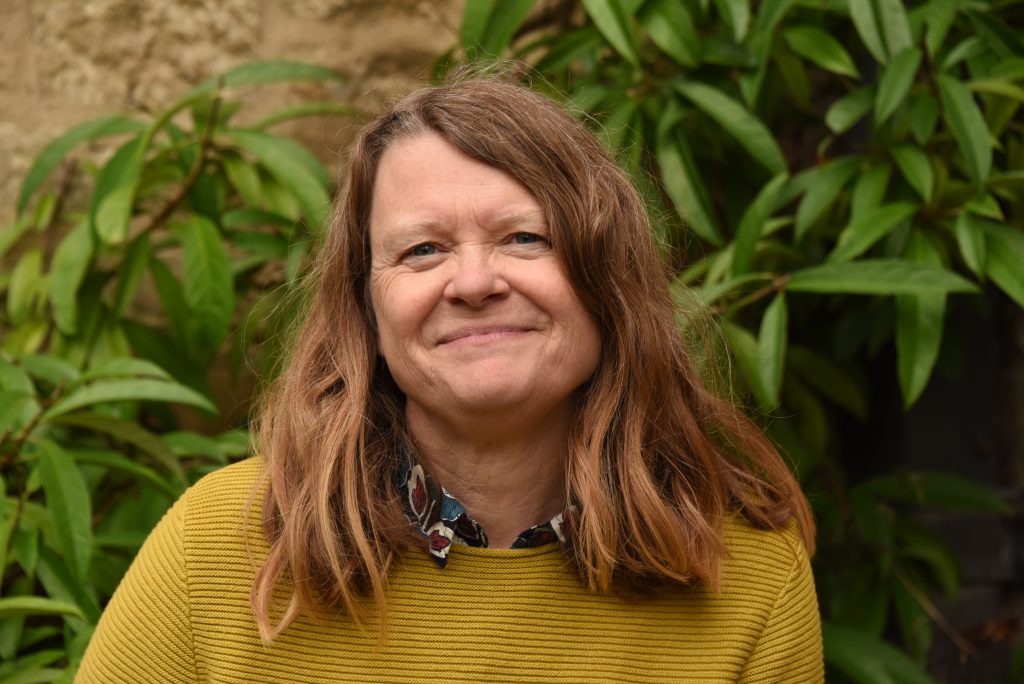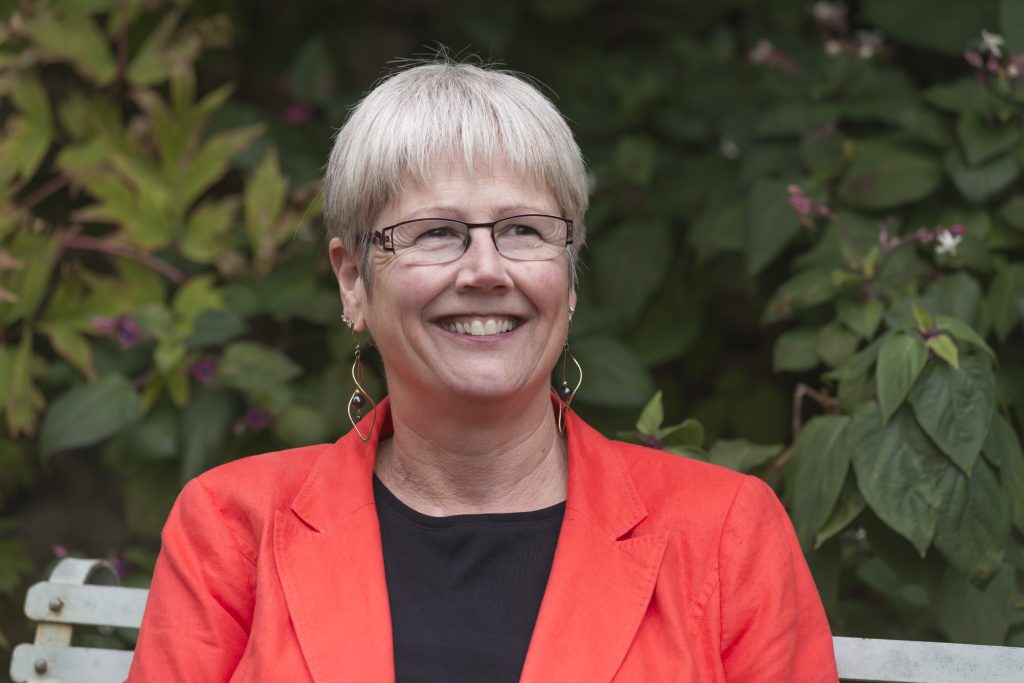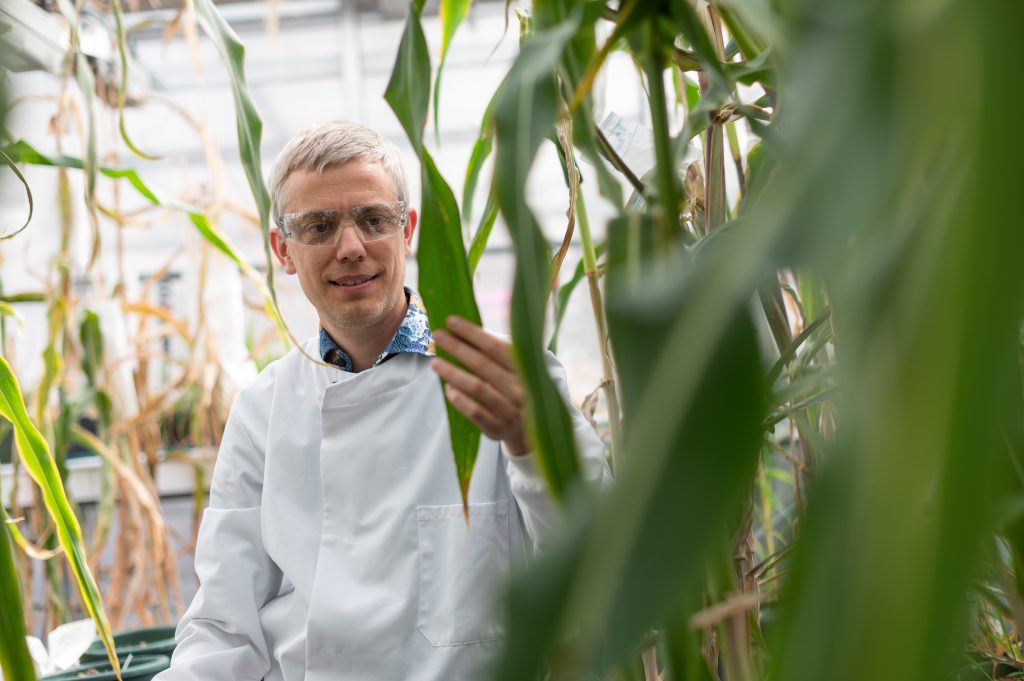About me
Hi! I’m Alina and I’m a First Year Biologist at Queen’s! I’m from East London and when choosing a degree, I wanted to study something I was genuinely interested in. Unlike others, I didn’t really know what to apply for until the end of Year 12. I ended up choosing Biology as I realised it was the subject I enjoyed the most in school and it was actually interesting to discover the subject beyond the classroom. I have particular interest in Population Biology and animal behaviours. Also, as someone who is chronically indecisive, Biology is such a broad and diverse subject which is really useful for me because I tend to have interests in an array of topics. It also will give me lots of transferrable skills for future career options; consultancy is something I’m currently interested in!
College experience
My favourite thing about Queen’s has to be how beautiful it is, it really takes your breath away! The people here are really sweet too. What surprised me is that it was more chill and down to earth than I had expected. I feel like general perception of Oxford is just super posh, but Queen’s is definitely more approachable. Another thing that is great about Queen’s is its convenient location as it’s on the High Street!
Oxford life
I have lectures everyday except on Wednesdays. I usually have two lectures a day and some other activities such as lab work, activities in the computer suites etc. Every Wednesday I have a tutorial where we discuss the essay we wrote, which is also set weekly. Tutorials are a really fun way to engage with your subject on a deeper level, and you get to do so with leaders in your subject! I’m quite involved with the Islamic Society as they hold lots of events such as weekly welfare tea that definitely help me settle in as a Muslim at Oxford. Most first-years have ensuite accommodation which is LUSH, and the rooms are pretty decent too!
Advice for applicants
You don’t lose anything by applying so give it a shot! Make sure you genuinely enjoy your subject as this can make the whole application process feel less daunting. If you have passion for your subject, Oxford is the place for you! Treat your interview as a fun and interesting conversation and, most importantly, be yourself!
